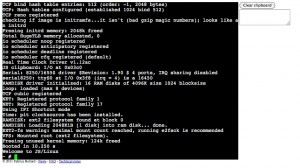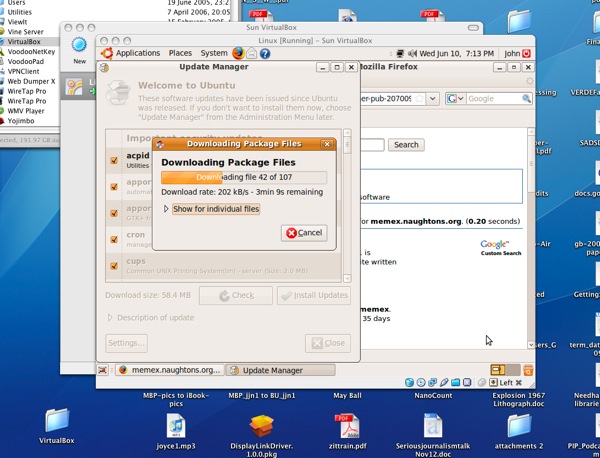One of my boys has recently adopted my Android phone after his 6-year-old Motorola handset finally gave up the ghost, and it’s been interesting to observe his reactions. On the one hand, he’s charmed by finally having a handheld device that connects properly to the Net and the Web. But his experiences with Android Apps mirror mine, namely that there not much quality control, great variability and many Apps won’t work with lots of handsets. In fact, he’s experiencing the problems that finally drove me to get an iPhone.
What he hasn’t experienced yet, though, is the maddening control-freakery of the mobile carriers in relation to updating the OS on the handset. First of all, they accept no responsibility for the OS; and secondly, even when they grudgingly offer some upgrade facility, it’s often flaky and sometimes requires serious geek skills to implement. A friend of my daughter’s has the same Android handset (a t-mobile Pulse) and when I asked her what version of the OS it was running she said “I think it’s 2 point something”. Surprised (because she is not in the least geeky), I asked her how she’d done the upgrade from the version 1.5 that’s running on my handset. She replied that her brother — who is an engineering student and a real geek — does the upgrades for her. But then she added: “the only problem is that it crashes a bit after he’s done the upgrade”.
Dan Gillmor has an interesting piece in Salon.com in which he explores some of these issues.
The first problem, as I noted in a recent post, is that Google has given the mobile carriers nearly total control over the phones they sell — including the software. In the process, they’re taking Android — an open-source operating system when it gets to the carrier — and turning it into an operating system that removes user choice, by adding software that locks down the devices in ways that are even worse, in some respects, than the famous Apple control-freakery. At least Apple doesn’t load crapware — mostly unwanted, unneeded and un-removable software — onto the iPhone and iPad, as the carriers are doing with their Android devices. This has forced users to jailbreak their Android phones, a perversion of the very idea of openness.
We’ve seen the consequences of mixing manufacturer control-freakery with open source OSs already in the Netbook market, with every vendor offering its own infuriating version of Linux Lite. I’m tired of having to clear the disk of every Netbook I try in order to install Ubuntu. But at least the Ubuntu people take responsibility for their distribution, and they’re very helpful in relation to different brands of Netbook. Google should do the same for Android.


